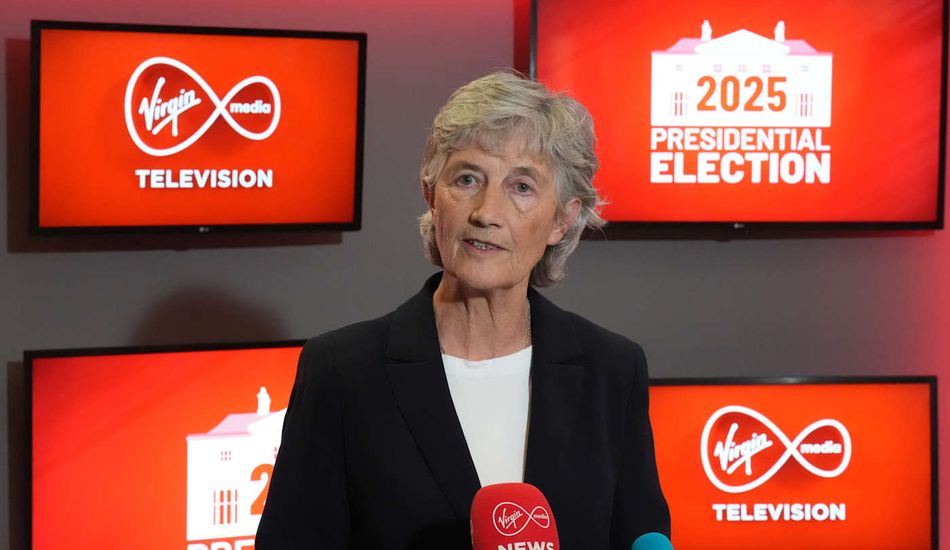
Meta Takes Down AI Deepfake Targeting Irish Presidential Candidate
I've been following the rise of AI-generated content with a mix of fascination and concern, and this latest news story definitely falls into the latter category. It turns out that Meta had to take down a deepfake video targeting Catherine Connolly, an Irish presidential candidate. This wasn't just some harmless prank; the video falsely depicted her withdrawing from the election.
What's particularly disturbing is how sophisticated these deepfakes are becoming. The perpetrators didn't just create a fake version of Connolly; they also impersonated journalists from RTÉ News, a well-known Irish broadcaster. This really blurs the line between reality and fabrication, and it's easy to see how voters could be misled, especially with the video being shared thousands of times before its removal.
Connolly rightly called it a "disgraceful attempt" to manipulate voters and undermine democracy. You know, it makes you wonder about the implications for future elections. If deepfakes can spread so rapidly, how can we ensure that people are making informed decisions based on truth, not AI-generated fiction?
While Meta acted to remove the video and the offending account, it raises a larger question: are social media platforms doing enough to combat deepfakes? I think the answer is leaning towards "no". The fact that this video was able to gain traction before being flagged suggests that their detection systems need serious improvement. And according to some reports, it seems they are not doing enough.
The Irish media regulator is also involved, which shows how seriously this is being taken. It's not just about protecting individual candidates; it's about safeguarding the integrity of the entire democratic process. I believe that this incident should serve as a wake-up call for everyone involved.
Source: Engadget